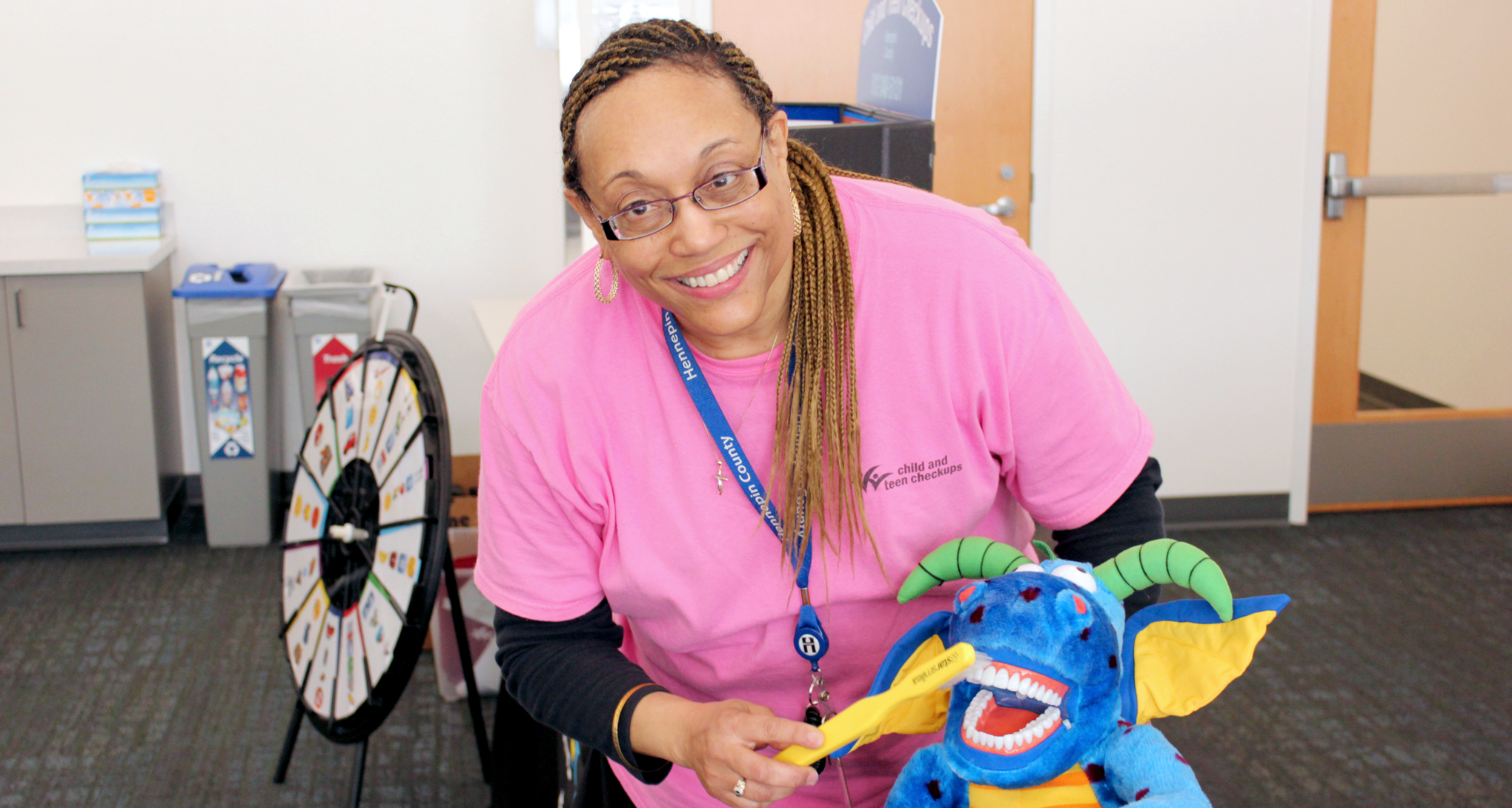

A regular health check can detect problems before they start. And it can also find problems early, when they’re easier to treat and cure.
Periodically picking up the phone to schedule a health check may seem easy. But it’s not that simple for many people. They face barriers like language, or the shame and stigma of mental illness. A previous experience that makes it difficult to trust providers. Or not having a car to get to an appointment.
Helping people break through those barriers and schedule regular health checks is what staff at Hennepin County Child and Teen Checkups (C&TC) are trained to do. The program serves families with Medicaid-eligible babies, children, teens, and young adults under age 21.
Those patient engagements are an art form. And, as Cheryl Branch, a senior community health worker with C&TC has found, that art form is based on connection — on soft skills like empathy, communication, and creativity.
Patient engagements are an art form based on connection — on soft skills like empathy, communication, and creativity.
Approximate
number
of families that
Child and Teen
Checkups staff
reached in
2017 via
face-to-face
contact while
working in the
community
“I don’t mind being a fool for health care,” says Branch, who admits she sometimes breaks into a song that relates to the conversation she's having in order to connect to a client.
“I use humor,” she adds. “And I also listen for the shame that people share with me. Then I use my own personal, vulnerable stories to connect to them.”
Some of Branch’s clients feel shame about being eligible for Medicaid and C&TC. So she shares her own brush with financial precariousness. “I was laid off at 55 and I went to the aid office and I cried when a worker talked to me,” Branch says.
Other clients feel shame about their past experiences with providers. So Branch tells them about a doctor who made a joke about her weight. About a doctor who would not look her in the eye. About a doctor who wrote her prescriptions and did not explain what they were for.
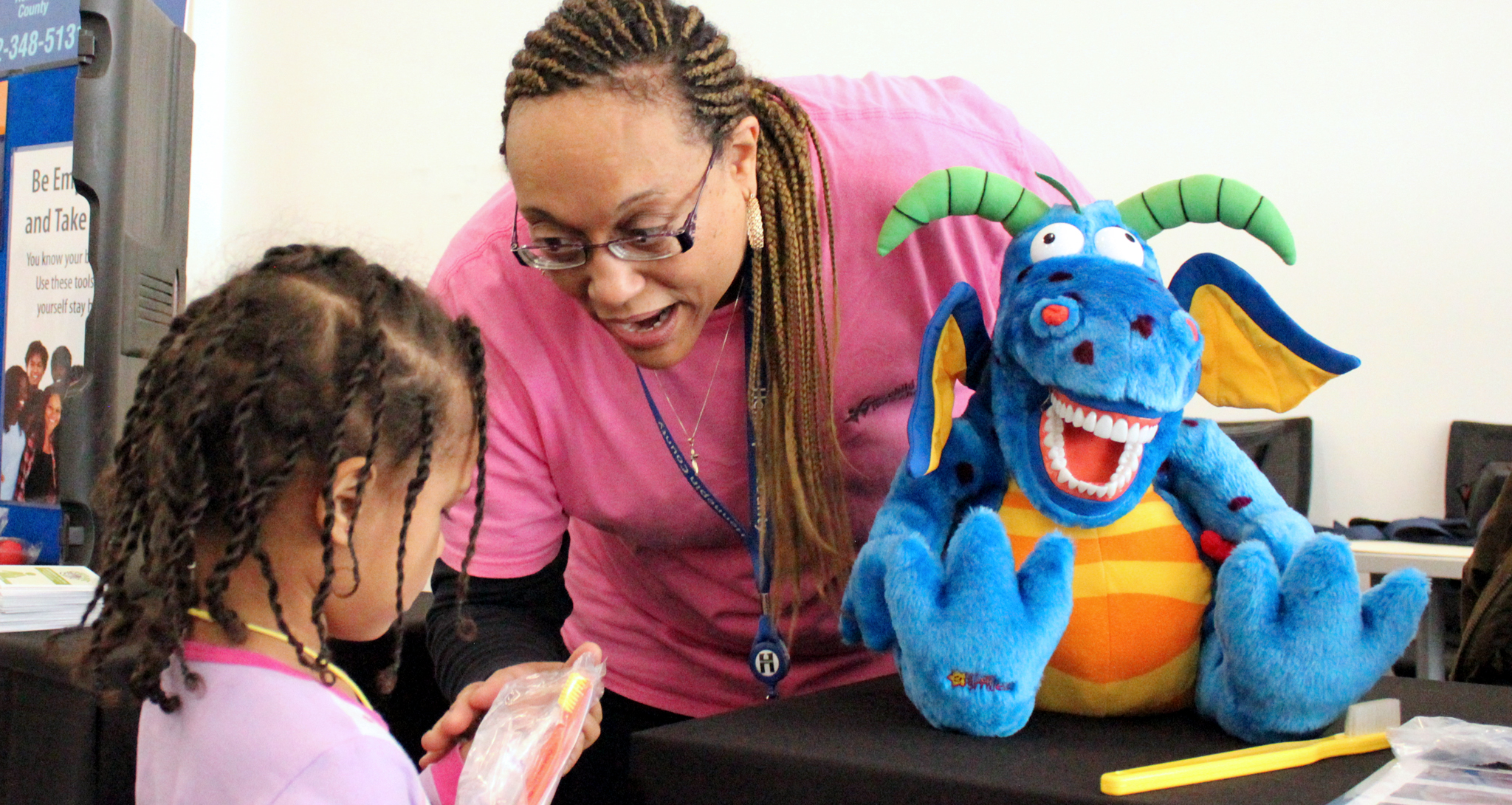
“Go in there with your questions written down so you’re not hurried out,” she encourages. “If you don’t understand why they’re checking for something, ask … Develop a relationship with your provider. If you don’t like how you’re being treated, call Child and Teen Checkups and we’ll help you find another one.”
On that point about developing a provider relationship, Branch says, “Oftentimes patients don’t have a regular doctor or dentist. So we discuss ‘medical homes’ and ‘dental homes’ ... Myself, I try to tell them how empowering that is — to have their records with one source and to develop a relationship with providers at one clinic.”
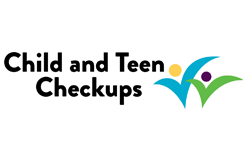
For questions about Child and Teen Checkups, or to see if you qualify, call 612-348-5131 or go to freechildcheckups.com.
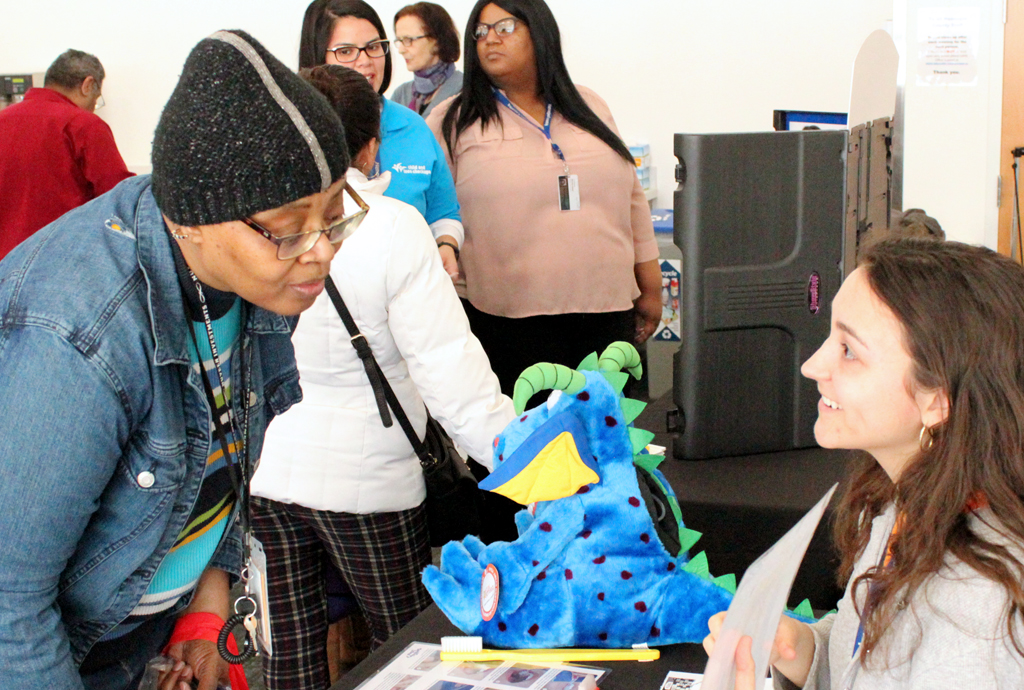
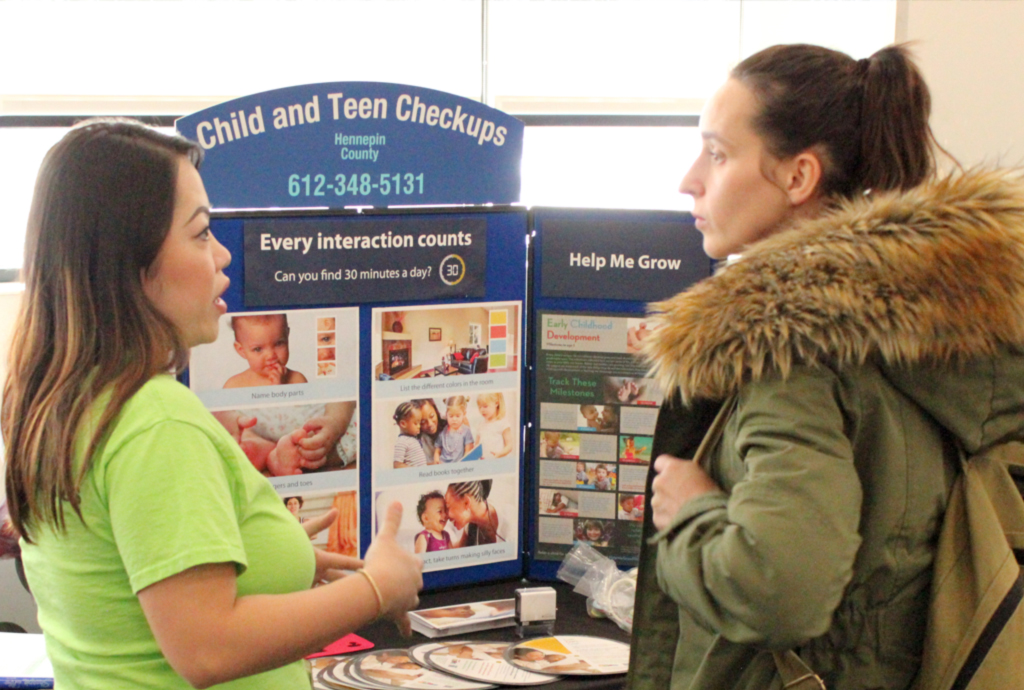
While Branch’s messages take many forms, the overriding one is the importance of getting health checks on a regular basis. The program encourages health checks between birth and one month; at two, four, six, nine, 12, 15, 18, 24, 30, and 36 months; and every year after age three or more often if needed.
“If something is happening inside of you that could be easily found out if you go in, but you don’t and then it escalates into something serious, then you have to go in to talk to a doctor when you’re vulnerable – instead of when you’re more empowered, like during health checks,” Branch says.

But Branch and her colleagues at C&TC do more than spread messages. They also provide tangible services – reminding clients that they’re due for an appointment, helping them schedule that appointment with a regular provider, and helping them find a regular provider if they don’t have one. They also help clients set up transportation to their appointment, and can connect them to other county and community resources.
Branch shares a recent success story: she called up a woman with young children and, over the phone while the mother was breastfeeding her twins, helped her schedule health checks for her kids.
For questions about Child and Teen Checkups, or to see if you qualify, call 612-348-5131 or go to freechildcheckups.com. Whether you speak English, Spanish, Somali, Hmong, or another language, program staff will speak with you in your native language.
Written by: Lori Imsdahl